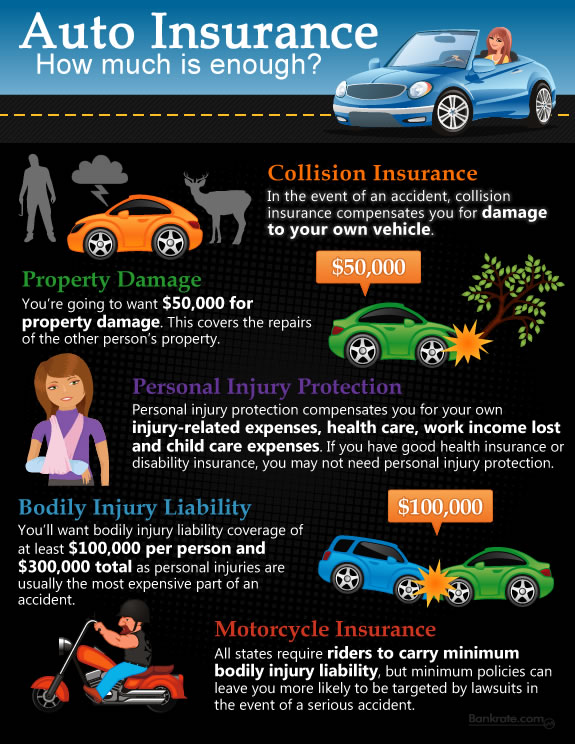Entire life and universal life insurance are both thought about irreversible policies. That implies they're designed to last your entire life and won't expire after a particular time period as long as required premiums are paid. They both have the possible to collect cash worth gradually that you may have the ability to obtain versus tax-free, for any factor. Because of this feature, premiums might be greater than term insurance. Entire life insurance policies have a fixed premium, suggesting you pay the very same amount each and every year for your coverage. Just like universal life insurance coverage, entire life has the prospective to accumulate money worth over time, producing a quantity that you may be able to obtain versus.
Depending on your policy's prospective cash value, it might be utilized to skip a premium payment, or be left alone with the prospective to build up worth in time. Potential growth in a universal life policy will differ based upon the specifics of your private policy, in addition to other elements. When you buy a policy, the issuing insurer establishes a minimum interest crediting rate as laid out in your contract. Nevertheless, if the insurance provider's portfolio earns more than the minimum interest rate, the company may credit the excess interest to your policy. This is why universal life policies have the potential to make more than a whole life policy some years, while in others they can make less.
Here's how: Because there is a cash value element, you might be able to skip exceptional payments as long as the money value is enough to cover your required costs for that month Some policies might permit you to increase or decrease the survivor benefit to match your particular circumstances ** In numerous cases you might borrow against the money value that may have built up in the policy The interest that you may have earned with time collects tax-deferred Whole life policies offer you a fixed level premium that will not increase, the potential to build up cash worth over time, and a repaired death benefit for the life of the policy.
As a result, universal life insurance coverage premiums are usually lower during periods of high rates of interest than whole life insurance coverage premiums, typically for the same amount of coverage. Another key difference would be how the interest is paid. While the interest paid on universal life insurance coverage is often changed monthly, interest on a whole life insurance coverage policy is typically adjusted every year. This might indicate that throughout periods of rising interest rates, universal life insurance coverage policy holders may see their cash worths increase at a fast rate compared to those in whole life insurance coverage policies. Some individuals may prefer the set death advantage, level premiums, and the capacity for growth of an entire life policy.
Although entire and universal life policies have their own unique functions and advantages, they both concentrate on supplying your enjoyed ones with the cash they'll need when you pass away. By dealing with a certified life insurance representative or business agent, you'll have the ability to select the policy that finest satisfies your specific requirements, budget plan, and monetary goals. You can likewise get acomplimentary online term life quote now. * Offered necessary premium payments are timely made. ** Boosts may undergo extra underwriting. WEB.1468 (What does homeowners insurance cover). 05.15.

The 10-Second Trick For What Is Title Insurance
You do not have to guess if you need to register in a universal life policy because here you can discover all about universal life insurance coverage benefits and drawbacks. It resembles getting a sneak peek before you purchase so you can choose if it's the best kind of life insurance for you. Read on to learn the ups and downs of how universal life premium payments, cash worth, and death benefit works. Universal life is an adjustable type of permanent life insurance that allows you to make modifications to two main parts of the policy: the premium and the death benefit, which in turn affects the policy's cash value.
Below are a few of the overall benefits and drawbacks of universal life insurance. Pros Cons Designed to use more versatility than whole life Does not have actually the guaranteed level premium that's readily available with whole life Cash worth grows at a variable interest rate, which could yield greater returns Variable rates likewise mean that the interest on the money value could be low More opportunity to increase the policy's cash value A policy generally requires to have a favorable money value to stay active Among the most attractive features of universal life insurance coverage is the ability to pick when and just how much premium you pay, as long as payments satisfy the minimum amount needed to keep the policy active and the IRS life insurance guidelines on the maximum quantity of excess premium payments you can make (How much car insurance do i need).

But with this versatility also comes some drawbacks. Let's review universal life insurance coverage advantages and disadvantages when it comes to changing how you pay premiums. Unlike other kinds of permanent life policies, universal life can get used to fit your financial needs when your capital is up or when your spending plan is tight. You can: Pay higher premiums more frequently than needed Pay less premiums less often or even skip payments Pay premiums out-of-pocket or use the money value to pay premiums Paying the minimum premium, less than the target premium, or avoiding payments will adversely impact the policy's money value.